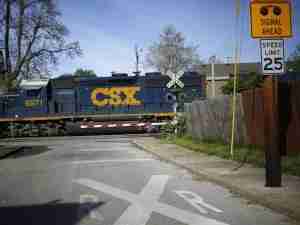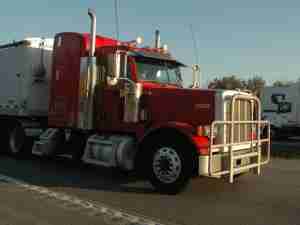Twenty-nine thousand transportation improvement projects are moving forward thanks to year-one Infrastructure Investment and Jobs Act (IIJA) funding, American Road & Transportation Builders Association (ARTBA) President & CEO Dave Bauer told Senators Nov. 30 during testimony before the Environment & Public Works (EPW) Committee.
“Though each project has a unique story of need and solution, they are all tangible illustrations of the impacts underway from the leadership of this committee in delivering generational investments through a multi-year surface transportation program reauthorization,” Bauer told senators.
He highlighted ARTBA’s economic analysis showing that highway formula funds supported 2,500 more safety, mobility, and maintenance improvements in 2022 than the previous year. Bauer shared that the number of $100 million+ projects increased from 18 in 11 states last year to 24 in 14 states in 2022, which reflects an enhanced ability for public agencies to tackle large scale projects with the resources and confidence provided by the IIJA.
Bauer also addressed the impacts of inflation on state and local efforts to deliver the IIJA’s initial investments. “The impacts of inflation vary by state and project type,” he explained. “Some regions have experienced material price increases as high as 40 percent and yet bids in other areas are coming in below expected costs. While inflation is clearly diluting the initial investments from the bipartisan infrastructure law, it is also clear this situation would have been drastically worse had Congress opted for another flat funded extension of the surface transportation programs.”
Bauer highlighted the IIJA’s “common sense environmental review and approval process reforms,” which he said once implemented, would have the potential to reduce costs and speed delivery. “Conversely, well-intended new requirements—such as the expansion of Buy America to construction materials—if not pursued with stakeholder input and a clear eye on market realities, could have the opposite outcome,” he warned lawmakers.
ARTBA has developed a digital tool, artbahighwaydashboard.org, to provide national, state-by-state, and congressional district-level information on projects and more specifics on how IIJA funds are being invested. The association provided committee members with a fact sheet containing specifics about how their states are benefiting from IIJA’s highway investments in the first year.
Established in 1902 and with more than 8,000 public and private sector members, the Washington, D.C.-based ARTBA advocates for strong investment in transportation infrastructure to meet the public and business community demand for safe and efficient travel.








